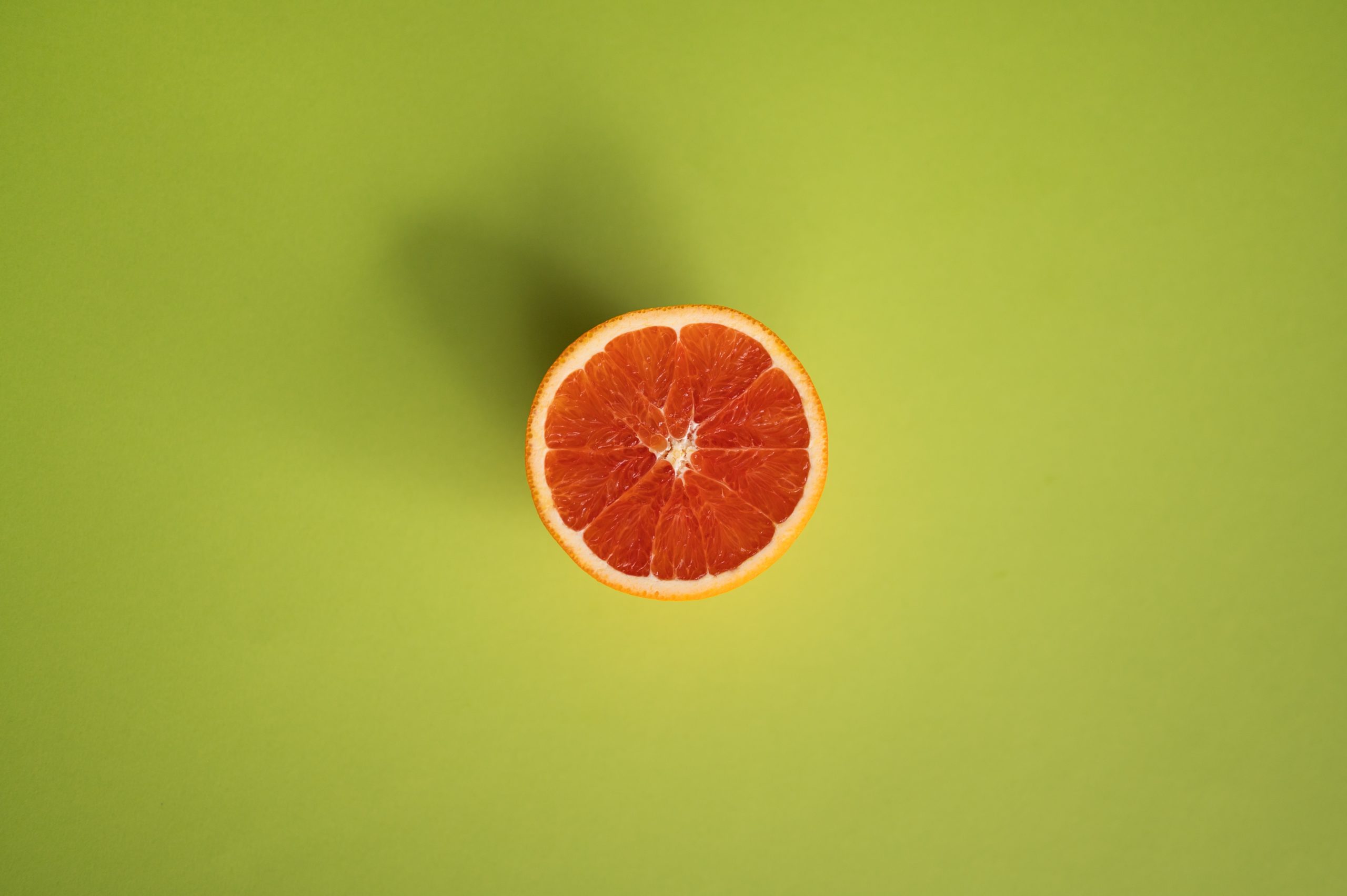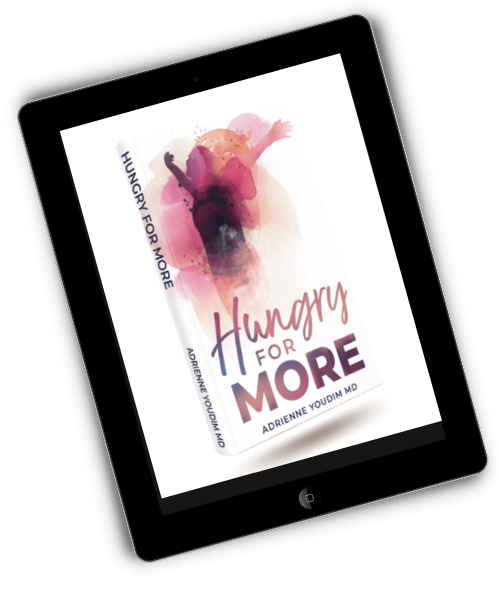Why is something so easy so damn hard? Why is food so hard? Why do we make it so hard?
But I can understand the confusion. There is so much information and misinformation that it makes it hard to tease out fact from fiction, not to mention the inherent bias in nutrition studies as well as the flip-flopping we see in medical research as new data emerges. All of which means that confusion is inevitable. So, I want to address some common bogus food claims and food myths as I see them.
Cleanses, Fasts and Detox
One of my biggest pet peeves is detox. Detoxification is the systems by which our bodies rid ourselves of waste and toxins. And here’s the truth, we don’t need a drink, a supplement, or a juice to detox us. Our bodies are built to detox 24/7. As an example our liver clears 1 gallon of blood every two and a half minutes through an intricate filtration system that removes toxins and metabolizes chemicals we ingest and absorb. Our gut and intestines themselves produce natural antibiotics and enzymes to break down environmental toxins and kill microbes that pass out of our bodies as stool. Our kidneys filter our blood too, removing waste that are then eliminated through urine. Our respiratory system has a complex system of passages that act as a filtration system for the air we breathe removing pollutants which we exhale. Tiny little hairs called cilia line our respiratory system which are continuously sweeping away particles and microbes out of our bodies. And our skin, the largest organ in our body, is actively involved in detoxing or cleansing our body of unwanted substances by sweating. So you see our body’s got it covered!
Ok but I understand the lure of a detox or a cleanse, particularly because the proponents are so noisy. So before writing this article I went out and purchased a 3 day juice cleanse. And here is what I found:
First, they are highly caloric- a bottle of juice was anywhere from 60 to 250 calories. Mind you that these calories are highly devoid of nutrients. So you are not getting the fiber, for example, that you would have otherwise received if you had eaten the whole dang fruit or veggie. I also found that I was not only hungry despite all those calories but fixated on food. I found myself thinking about food much more than I otherwise would, questioning if I was hungry and even if I wasn’t, I spent so much time thinking about food that I would invariably make myself hungry. I also noticed that I was irritable and had a headache much of the day.
So yah, I’m not a fan.
Health Food
Another one of my pet peeves are healthy foods that are not healthy. Juices I think we covered. But I am also thinking about some near relatives like smoothies and acai bowls. These food items are not only not healthy but they are huge calorie bombs and have a extraordinary amount of sugar. In fact, a review of the nutritional facts of a popular smoothie shop (I’m not mentioning names) revealed up to 60 grams of sugar per serving! For some perspective, a can of coke contains 39 grams of sugar.
When it comes to acai bowls there is also added sugar from honey and granola (also sweetened) and more calories from added seeds and nut butters. I am not suggesting not to eat it if you love it, but don’t eat it because you think it is healthy, because it is not.
Coconut Oil
First of all why, just why would you ruin a perfect cup of coffee with coconut oil? And who said this stuff was healthy? Where did that data come from? Multiple health organizations including the United States Food and Drug Administration, World Health Organization, the United States Department of Health and Human Services, American Dietetic Association, American Heart Association, British National Health Service, British Nutrition Foundation, and Dietitians of Canada all caution against routine use of coconut oil.
A common argument proponents make for coconut fat consumption is that it is made up of medium-chain fatty acids (MCFAs), a rapidly absorbed source of energy. However, coconut fat is primarily lauric acid, which while chemically classified as an MCFA, acts like saturated fat in terms of how it affects the body. Coconut oil has been shown to increase LDL in the same way as other saturated fat like beef and butter. There have also been claims that coconut oil reduces inflammation, improves glucose homeostasis, and improves body fatness. Again no solid data and given the known adverse effects, the potential benefits do not outweigh the known harms. I know it’s mind boggling because the gurus are so adamant. But really it’s bogus. So don’t fall for it.
Gluten Free
Another health food myth is the gluten free trend. Gluten is a naturally occurring protein found in wheat and other grains including rye and barley. In most people it is partially digested by enzymes and then passes thru the intestines without consequence. The exception is individuals with celiac disease, an autoimmune condition diagnosed by endoscopy and biopsy of the small intestine, in which gluten causes an inflammatory damage to the intestines. Gluten itself is not unhealthy, but unfortunately, most of the wheat containing products consumed in our country have been ultra processed and stripped down of their nutrients creating a problem, again, of processed food consumption, not gluten consumption.
A gluten free diet may have initially been a healthy strategy since people who followed it, by association were eliminating processed food and refined carbohydrates from their diet. However, with the advent of gluten-free products, the food industry has pulled yet another fast one, reintroducing a plethora of processed albeit gluten free foods that have no benefit to most of us and yet are marketed for health. In 2019, the gluten-free products market was valued at $4.3 billion and is estimated to reach $7.5 billion by 2027! Want to clean up your diet? Limit processed and ultra-processed foods, gluten-free or not.
Carb Vilification
And finally I want to talk about carbs in general. Probably the biggest food myth of all time is that all carbs are bad. Carb vilification is a result of the many diets that eliminate carbohydrates from the diet (I’m looking at you keto and friends). These diets sometimes are effective (for weight loss) in the short term because it forces us to eliminate a substantial food category from our diet. (Keep in mind the typical Western diet can be up to 80% carbs, and not the good kind). So you are bound to lose weight. But that does not mean that carbs are bad and of course that all carbs are the same. Bread, rice, pasta, donuts and poptarts, for g-d’s sake, are carbs; but so are all veggies, beans, grains and legumes. The latter are not only not bad but are life saving. In fact, carbohydrates are the main staple of the Mediterranean diet- the most studied and the healthiest dietary plan on earth, which has been proven to reduce the risk of heart attack, stroke, metabolic disease, dementia, you name it. Finally, studies have also shown survival benefit of consuming carbs. In one study, life expectancy went up for every additional half cup consumed! Beans and legumes contain carbohydrates but they also are an additional source of protein. For example a cup of garbanzo beans has nearly 40 grams or protein! These carbohydrates are also high in fiber which is important for digestive health and contain vitamins, minerals and other nutrients such as the B- vitamins, magnesium, iron and copper. Finally, these complex carbohydrates result in a slow and steady rise in blood sugar therefore providing a steady energy source. Bottom line, be discerning and don’t vilify the carbs.
I’d like to finish off by sharing an important tip with you and it’s a simple one.
Trust your gut.
If something sounds super sensational or fabricated or extreme, don’t be afraid to question it, no matter how adamant the guru.
If you enjoyed this article sign up for more food tips and health “hacks” (biohacking, that’s another term that irritates the hell out of me, but I digress) sign up for my newsletter and check out other goodies I have created for your health and wellbeing.


